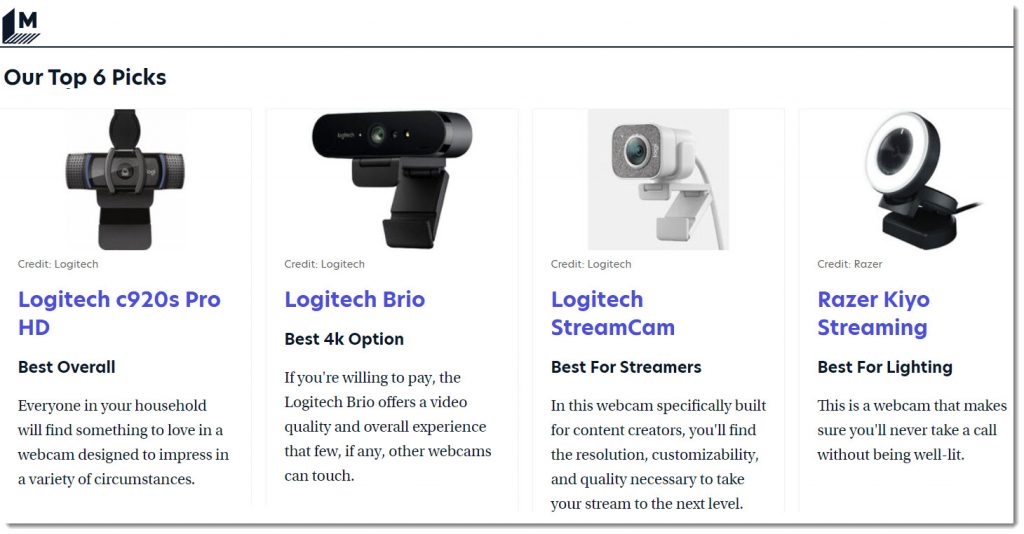From DSC:
As I looked at the article below, I couldn’t help but wonder…what is the role of the American Bar Association (ABA) in this type situation? How can the ABA help the United States deal with the impact/place of emerging technologies?
Clearview AI will get a US patent for its facial recognition tech — from engadget.com by J. Fingas
Critics are worried the company is patenting invasive tech.
Excerpt:
Clearview AI is about to get formal acknowledgment for its controversial facial recognition technology. Politico reports Clearview has received a US Patent and Trademark Office “notice of allowance” indicating officials will approve a filing for its system, which scans faces across public internet data to find people from government lists and security camera footage. The company just has to pay administrative fees to secure the patent.
In a Politico interview, Clearview founder Hoan Ton-That claimed this was the first facial recognition patent involving “large-scale internet data.” The firm sells its tool to government clients (including law enforcement) hoping to accelerate searches.
As you might imagine, there’s a concern the USPTO is effectively blessing Clearview’s technology and giving the company a chance to grow despite widespread objections to its technology’s very existence.
Privacy, news, facial recognition, USPTO, internet, patent,
Clearview AI, surveillance, tomorrow, AI, artificial intelligence










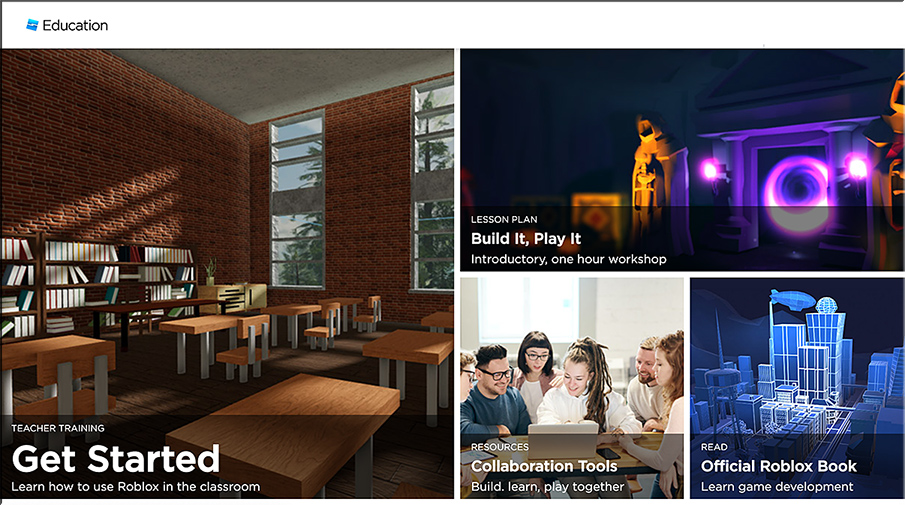
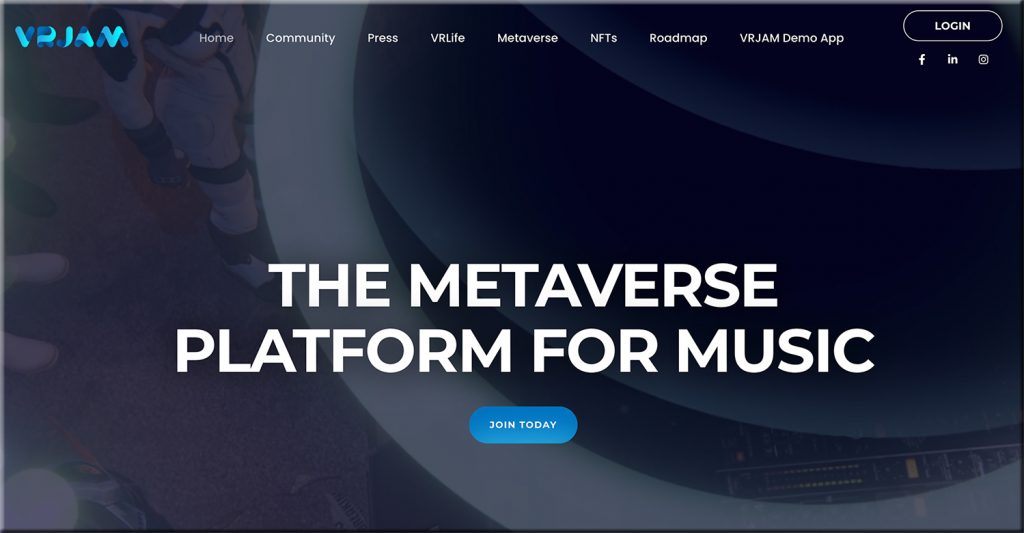
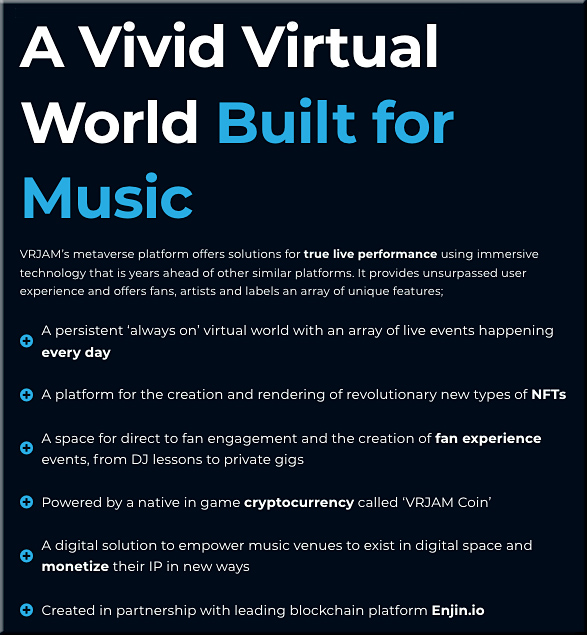
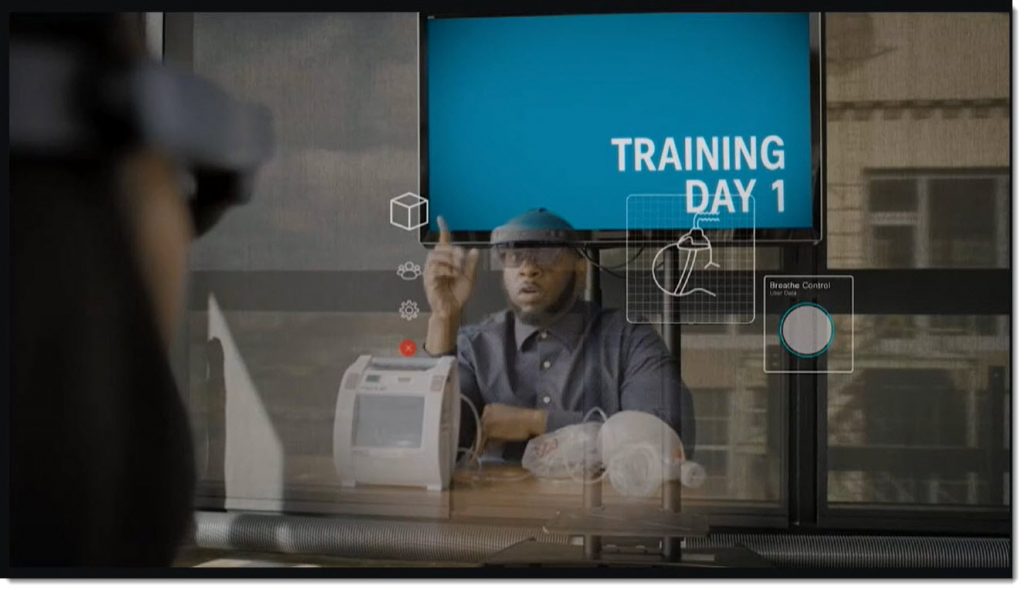

 Source:
Source: 